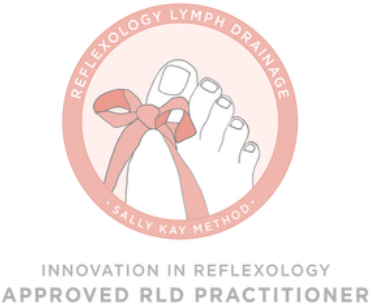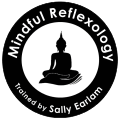Stress Awareness Week November 4th 2019
With Stress Awareness Week it is important to address this topic. When levels of stress become too much to cope with you may find yourself not sleeping, having more headaches, stomach problems, aches and pains,, dizziness, feeling more emotional, in fact everything may feel an effort and you might just want to stay in bed.
This can really impact your health and life and can lead to depression, anxiety, low self esteem and a reliance on unhealthy habits.
Making time for yourself is so important, however you do it. If you need help to kick start this why not try reading? There are loads of self help books available if you feel you need help with anxiety reducing techniques. Reading can reduce stress as it engages your imagination and helps you focus.
Dont sweat the small stuff £ 10.99 Richard Carlson. Strategies for a more peaceful life and daily small changes are shared in this book.
The Nature Fix £ 12.99 Florence Williams. Being outside in nature can help with anxiety, depression and stress. Your body is boosted with Vitamin D and a regular walk or even run can help you relax. With the darker days it is worth trying to fit in some time outdoors in nature every day.
Why Zebras Dont get Ulcers Robert Sapolsky. This book explains how ongoing stress can affect your health - you are always in 'fight or flight' mode.
If reading is not your thing why not try using an app to help create a routine which will benefit your health?
My Possible Self ( CBT techniques - choose areas to focus on and track) Clinically proven to reduce stress, anxiety and low mood
Smiling Mind ( mindfulness/meditation techniques for all ages)
Calm and Headspace ( meditation techniques)
Aura ( to help sleep and calm)
Stress can have an effect on your eating habits too - you may crave processed, sugary foods, rely on caffeine to get you through the day and turn to alcohol in the evening. All these things can affect you - they may lead to sleeplessness, irritability, more food cravings, being lethargic. Increasing fruits, leafy green vegetables, seeds, nuts, fish and dairy can boost your Vitamin B Level which depletes during stress. Vitamin C rich foods are important, whilst increasing your magnesium intake can help relax you. Seek advice from a nutritionalist to help you change if you feel your diet could be more balanced.
Holistic therapies offer additional support. Reflexology is a fantastic tool for reducing stress in your body and mind, helping you function better. Other therapies which offer benefits are Indian head massage, homeopathy, massage, aromatherapy, reiki, hypnotherapy. I have trained in Mindful reflexology and Indian head massage both of which have excellent results. There is always something you can do to help yourself even if it only a small step.
It is important to recognise, acknowledge and start to deal with your stress. Starting the physical relaxation process with a treatment like reflexology may help with aches and pains, insomnia, boosting blood circulation and stimulating your immune system whilst also helping with mental relaxation and easing nervous tension. Indian head massage can help improve your sleep patterns, focusing on head, neck and shoulders. The technique can help encourage healing and restore balance to your body. So many people do not realise how much tension they carry in their scalp until they have a massage.
Does this sound like a good place for you to start? Stressful, overwhelming feelings can be changed, you might just need a bit of help to see things clearer, and to know how to move forward.





 I am a fully trained, qualified and insured reflexologist and a registered member of the Association of Reflexologists. I also have a diploma in Indian Head Massage. I practice from my treatment room at my home in Charlton Kings, Cheltenham where there is private parking. Please
I am a fully trained, qualified and insured reflexologist and a registered member of the Association of Reflexologists. I also have a diploma in Indian Head Massage. I practice from my treatment room at my home in Charlton Kings, Cheltenham where there is private parking. Please